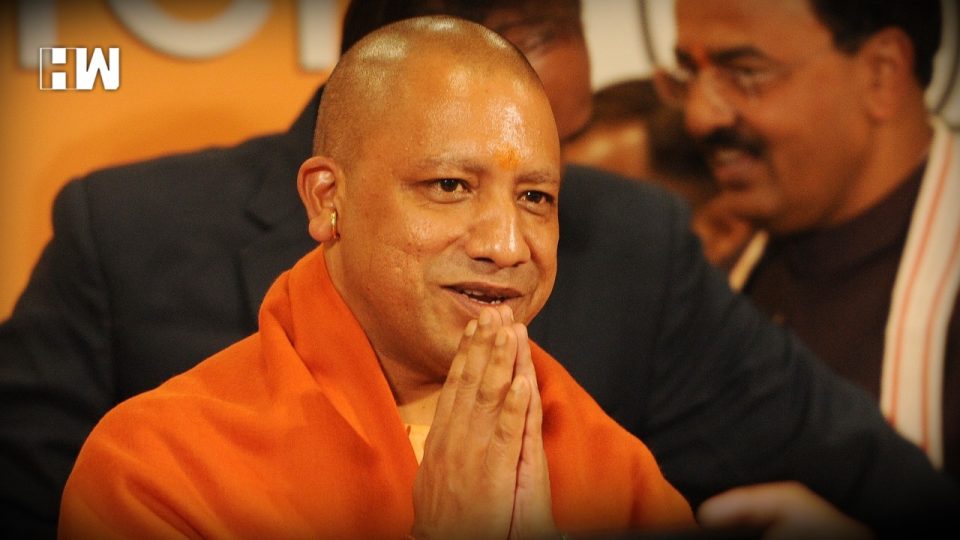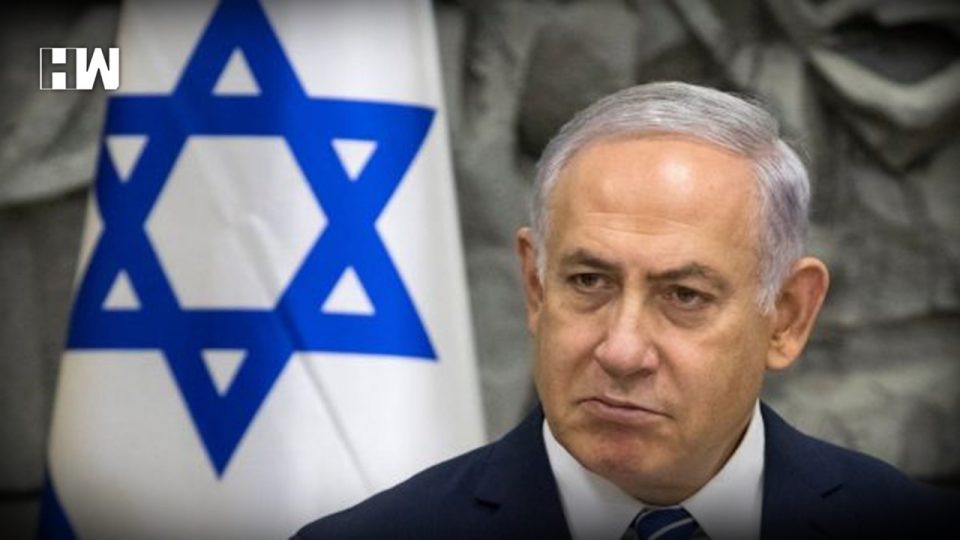New Delhi | The state government has been bearing the tax burden of the chief minister and council of ministers of Uttar Pradesh.
According to the Uttar Pradesh Ministers (Salaries, Allowances and Miscellaneous Provisions) Act 1981, the state exchequer pays for the income tax of Chief Minister and the cabinet ministers.
Responding to the report, the Yogi Adityanath-led BJP government said it will repeal the Act and directed his ministers to bear the burden of their income tax.
A report by The Times of India now suggests that the state treasury has been paying the taxes of the chief minister and his council of ministers in five states, besides Uttar Pradesh – Madhya Pradesh, Chhattisgarh, Haryana, Uttarakhand and Himachal Pradesh.
TOI reported that the act was passed in 1981 during the VP Singh’s government on the grounds that the ministers were “poor” and could not pay income tax in their “meagre earnings”.
Haryana and Himachal Pradesh, two states carved out of Punjab, have also been paying the Chief Ministers and their Cabinet’s taxes.
The Punjab treasury has been paying taxes on salaries, allowances and various perks of the chief ministers and ministers till March 18, 2018, when CM Capt Amarinder Singh stopped the practice by amending The East Punjab Ministers’ Salaries Act 1947.
In Uttarakhand, on the other hand, the treasury has been bearing the tax burden of its chief minister, ministers, assembly speaker, deputy speaker as well as the leader of opposition, ever since the state was carved out of Uttar Pradesh in November 2000. Uttarakhand CM Trivendra Singh Rawat has said he will follow Yogi Adityanath’s footsteps and scrap the rule.
In Madhya Pradesh, the state treasury started bearing the tax burden of ministers of all ranks as well as the parliamentary secretary with retrospective effect from April 1, 1994, the newspaper report said.
As an independent media platform, we do not take advertisements from governments and corporate houses. It is you, our readers, who have supported us on our journey to do honest and unbiased journalism. Please contribute, so that we can continue to do the same in future.


